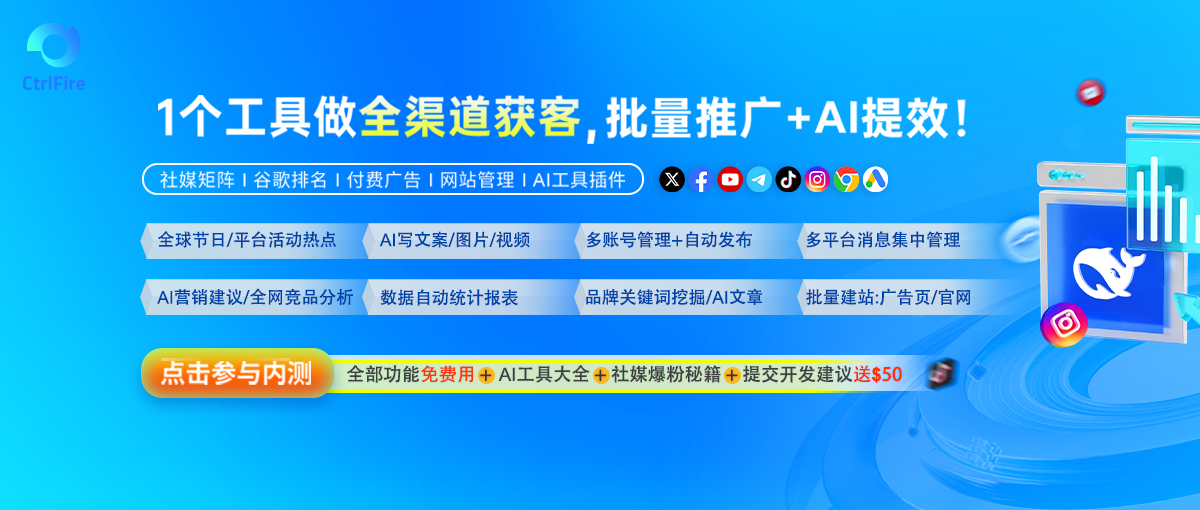速卖通多账号防关联解决方案详解
速卖通多账号防关联的重要性
做跨境电商的朋友们都知道,速卖通是一个非常重要的平台。然而,很多卖家为了扩大业务,常常会运营多个账号。这时候,一个关键问题就来了——账号之间的关联风险。如果被平台检测到账号关联,轻则限制功能,重则直接封号,损失可不小呢!所以,今天我们就来聊聊如何解决这个问题。
其实,账号关联的核心原因在于操作环境的相似性。比如,IP地址、设备指纹、浏览器信息等,都会成为平台判断账号是否有关联的依据。因此,要想有效防止关联,就需要从这些细节入手。
解决方法一:使用独立的网络环境
首先,网络环境是账号关联的重要因素之一。如果你在同一个路由器下登录多个账号,IP地址的重复会让平台轻易识别出关联风险。为了避免这种情况,建议每个账号都使用独立的网络环境。
具体来说,可以选择以下几种方式:
- 使用不同的宽带线路,确保每个账号都有专属的IP地址。
- 借助虚拟专用网络(VPN),但要注意选择高质量的服务商,避免因IP质量差而被平台标记。
- 更高级一点的方法是使用专用的防关联浏览器,这类工具可以为每个账号分配独立的网络配置,从而降低关联风险。
解决方法二:设备隔离与虚拟化
除了网络环境,设备本身也是容易被忽视的关联点。很多人习惯用同一台电脑登录多个账号,殊不知,设备指纹(如硬件信息、操作系统版本等)也会暴露关联痕迹。
针对这一问题,可以采取以下措施:
- 为每个账号准备一台独立的电脑或手机,虽然成本较高,但效果最好。
- 如果预算有限,可以考虑使用虚拟机技术。通过创建多个虚拟系统,每个系统运行一个账号,这样既能节省成本,又能实现设备隔离。
- 还有一种方法是使用云服务器,在云端搭建独立的操作环境,安全性也很高。
解决方法三:浏览器防关联工具的应用
对于大多数卖家来说,防关联浏览器是最实用的解决方案之一。这类工具不仅可以模拟不同的浏览器环境,还能修改设备指纹,让每个账号看起来像是在完全独立的设备上运行。
目前市面上有不少优秀的防关联浏览器,比如:AdsPower、Multilogin等。它们的功能大同小异,核心作用就是帮助用户规避关联风险。不过,在选择时也要注意以下几点:
- 确保工具的稳定性和兼容性,避免频繁崩溃或无法正常使用。
- 了解服务商的隐私政策,保护自己的数据安全。
- 根据自身需求选择合适的套餐,不要盲目追求高端功能。
解决方法四:日常操作中的注意事项
即使有了上述的技术支持,日常操作中的一些小细节也不能忽略。毕竟,人为失误往往是导致账号关联的主要原因之一。
举个例子:
- 尽量避免在同一个时间段内频繁切换账号,这会让平台怀疑你的行为模式。
- 不要随意点击陌生链接或下载可疑文件,以免感染病毒,泄露账号信息。
- 定期清理浏览器缓存和Cookies,保持操作环境的“干净”状态。
另外,还要养成记录的习惯。每次登录账号时,可以简单记下时间、地点和操作内容,万一出现问题,也能快速排查原因。
总结与展望
,速卖通多账号防关联并不是一件特别复杂的事情,但需要耐心和细致的态度。只要从网络环境、设备隔离、工具应用以及日常操作四个方面入手,就能大大降低关联风险。
最后想说的是,无论技术手段多么先进,最重要的还是遵守平台规则。只有合法合规地经营,才能走得更远。希望每位卖家都能在速卖通上取得好成绩,同时也别忘了享受这个过程哦😊!
目录 返回
首页
